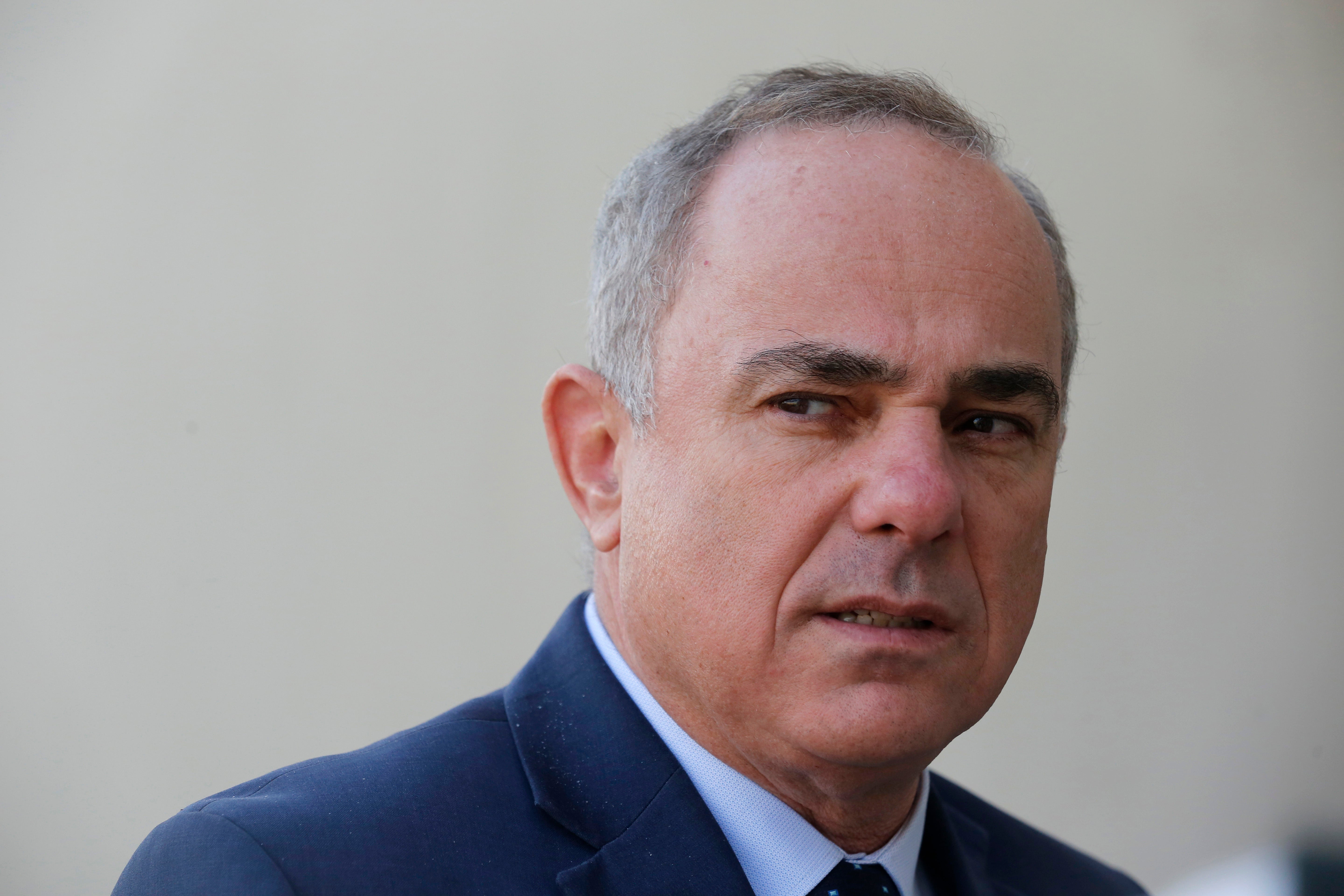Israel to hold US-mediated talks with Lebanon on sea border
An Israeli official says the country will hold rare talks with Lebanon next month in an effort to resolve a longstanding maritime border dispute

Your support helps us to tell the story
From reproductive rights to climate change to Big Tech, The Independent is on the ground when the story is developing. Whether it's investigating the financials of Elon Musk's pro-Trump PAC or producing our latest documentary, 'The A Word', which shines a light on the American women fighting for reproductive rights, we know how important it is to parse out the facts from the messaging.
At such a critical moment in US history, we need reporters on the ground. Your donation allows us to keep sending journalists to speak to both sides of the story.
The Independent is trusted by Americans across the entire political spectrum. And unlike many other quality news outlets, we choose not to lock Americans out of our reporting and analysis with paywalls. We believe quality journalism should be available to everyone, paid for by those who can afford it.
Your support makes all the difference.Israel will hold rare talks with Lebanon next month in an effort to resolve a longstanding maritime border dispute, an Israeli official said Saturday.
The official said Energy Minister Yuval Steinitz will lead the Israeli delegation in talks mediated by the United States. Representatives from the three countries are likely to speak by video conference because of the coronavirus pandemic, the official said.
The official requested anonymity in line with regulations. There was no immediate comment from Lebanon.
Israel and Lebanon have no diplomatic relations and are technically in a state of war. They each claim about 860 square kilometers (330 square miles) of the Mediterranean Sea as within their own exclusive economic zones.
Both are hoping to explore and develop new gas fields in the Mediterranean following a number of big finds in recent years. U.S. diplomats have been shuttling between the two countries and pushing for direct talks in recent years.
Lebanon, which is mired in a severe economic crisis, is especially keen to develop offshore energy resources.
The Trump administration is likely to celebrate any direct talks as another diplomatic breakthrough in the Middle East, following recent agreements in which the United Arab Emirates and Bahrain — Gulf countries that have never gone to war with Israel — agreed to recognize it and establish diplomatic relations.
Israel invaded Lebanon during the country's 1975-1990 civil war to battle Palestinian militants who had launched cross-border attacks, and it occupied a strip of territory in southern Lebanon until 2000.
In 2006, Israel fought a month-long war with Hezbollah the Iran-backed Lebanese militant group. Hezbollah has vastly expanded its arsenal of rockets and missiles since then, and today Israel views it as its most immediate military threat.
Neither side is believed to be seeking war, but they have traded fire on a number of occasions in recent years, and both have warned that a future conflict would be far more devastating for the other side.
Hezbollah, which is considered a terrorist group by Israel, the U.S. and other countries, is part of a political alliance that dominates Lebanon's parliament and government.